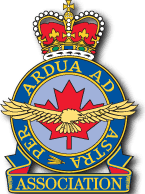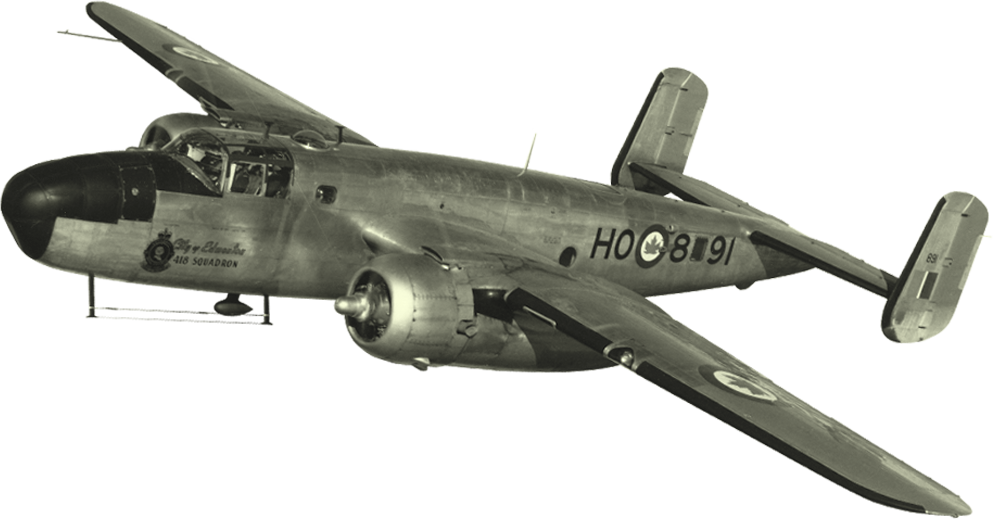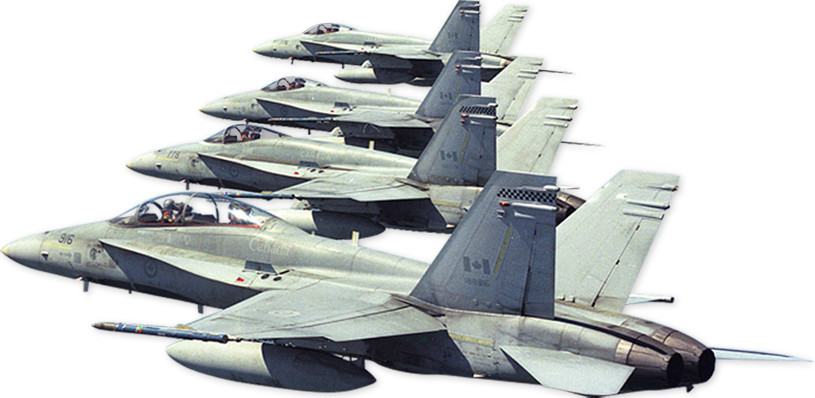BEGG
Description (click to view)
ANDREW MCALPINE SGT(P) R103136. From Hamilton, Ontario. Killed Jul 19/42 age 22. #11 Advanced Flying Unit. Sgt Begg was killed when his Albermarle aircraft #V 1823 crashed at Newmontford Bridge, Shropshire. Sergeant Pilot I3egg is buried in St. Mary Churchyard, Shawbury, Shropshire, England.
BEGG,
George Henry Knight
Flying Officer,
No.405 Squadron,
J27527
Distinguished Flying Cross
RCAF Personnel Awards 1939-1949
Description (click to view)
BEGG, F/O George Henry Knight (J27527) - Distinguished Flying Cross - No.405 Squadron - Award effective 5 July 1945 as per London Gazette dated 17 July 1945 and AFRO 1507/45 dated 28 September 1945. Born 26 February 1921. Home in Vancouver; enlisted there 13 June 1942. To No.3 Manning Depot, 12 July 1942. To No.10 Repair Depot, 28 August 1942. To No.4 ITS, 10 October 1942; graduated and promoted LAC, 18 December 1942 but not posted to No.5 EFTS until 27 December 1942; may have graduated 19 February 1943 but not posted to No.3 SFTS until 5 March 1943; graduated and commissioned 25 June 1943. To No.34 OTU, 9 July 1943. To No.1 OTU, 17 September 1943. To \"Y\" Depot, 29 October 1943. Taken on strength of No.3 PRC, 31 October 1943. Promoted Flying Officer, 25 December 1943. Repatriated with No.405 Squadron, 10 June 1945. Retired 14 September 1945. Award presented at Sea Island, 22 October 1949. Died in West Vancouver, 27 October 2002 as per Royal Canadian Legion ?Last Post? website and Legion Magazine of November/December 2003. Recommended by Wing Commander M.N. Ferguson, CO of No.419 Squadron, 23 January 1945 when he had flown 16 sorties with unit (103 hours 35 minutes), 4 October to 6 December 1944, before being posted to Pathfinders. The Osnabruck incident was 6 December 1944 (DHist file 181.009 D.1941, RG.24 Vol.20612).
This officer has shown outstanding ability and determination. In December 1944, during an attack on Osnabruck, one engine of his aircraft failed and caught fire. The inter-communication system also failed. Flying Officer Begg quickly put out the fire in the engine and pressed home the attack. His skilful handling of the aircraft together with his courage and devotion to duty have at all times been worthy of the highest praise.
The original recommendation (found in (DHist file 181.009 D.1941, RG.24 Vol.20612) by Wing Commander M.N. Ferguson (Commanding Officer No.419 Squadron) was drafted 23 January 1945 when he had flown 16 sorties with unit (103 hours 35 minutes), 4 October to 6 December 1944, before being posted to Pathfinders. The Osnabruck incident was 6 December 1944. Sortie list and submission as follows:
4 October 1944 - Bergen(6.10, second pilot, day)
6 October 1944 - Dortmund (6.25, second pilot)
14 October 1944 - Duisburg (7.55, day)
19 October 1944 - Stuttgart (6.20)
23 October 1944 - Essen (5.55)
25 October 1944 - Essen (6.05, day)
26 October 1944 - Cologne (6.25, day)
30 October 1944 - Cologne (6.35)
2 November 1944 - Dusseldorf (6.35)
4 November 1944 - Bochum (6.10)
21 November 1944 - Castrop Rauxel (6.45)
27 November 1944 - Neuss (5.45)
2 December 1944 - Hagen (6.40)
4 December 1944 - Karlsruhe (7.50)
5 December 1944 - Soest (6.10)
6 December 1944 - Osnabruck (5.50)
This officer completed 16 sorties on heavily defended German targets before being posted to the PFF. He was always keen, an excellent leader and a fine example to his crew and all other ranks with whom he served.
On the night of 6th December 1944, Flying Officer Begg was detailed as captain of aircraft to attack Osnabruck. At the commencement of the bombing run, one engine failed, caught fire and would not feather; the intercom also failed at the same time. Flying Officer Begg pressed home his attack and by skilled manipulation quickly put out the fire in the engine. While on the return journey to this country, a second engine failed but this officer was successful in effecting a landing without damaging his aircraft.
I consider this officer’s fine example, devotion to duty and skilful handling of his aircraft while in difficulty at night merits the non-immediate award f the Distinguished Flying Cross.
BEGG,
Roy Franklin
Wing Commander,
SEE DESCRIPTION,
C223
Croix de Guerre with Silver Star (France)
RCAF Personnel Awards 1939-1949
Description (click to view)
BEGG, W/C Roy Franklin (C223) - Croix de Guerre with Silver Star (France) - Award as per Canada Gazette dated 20 September 1947 and AFRO 485/47 dated 12 September 1947. Pilot. Born 5 August 1915 in Vancouver; home there. Attended University of British Columbia, 1932 to 1935. Enlisted as a P/P/O in RCAF Auxiliary, 15 October 1936, No.11 (Army Co-operation) Squadron. Qualified for pilot's wings, 4 May 1938; promoted to Flying Officer 6 May 1938. Attended summer camps at Sea Island, 1937, 1938 and 1939, initial armament course in 1938, instrument flying course in 1939. Attended Central Flying School, Trenton, 3 June to 2 July 1940. Promoted Squadron Leader, 1 June 1941. Instructed at No.2 SFTS and No.15 SFTS (at the latter school as of 17 June 1941). To RAF overseas, 3 May 1942. Promoted Wing Commander, 1 June 1943. Flew on operations with No.414 Squadron and became a staff officer with No.83 Group Headquarters. Repatriated 12 August 1944. To Western Air Command as staff officer, 5 October 1944. In December 1944 he was awarded the Air Efficiency Award; on 11 December 1944 posted to No.18 SFTS. Appointed CO, Station Debert, 11 March 1945 (promoted to Group Captain); released 9 October 1945. Living in Vancouver in 1947. Died in Vancouver, 17 April 2003. External Affairs file “French Awards to Canadian Armed Forces - Particular Cases” (Library and Archives Canada, RG.25, Box 4140) has the following citation:
Group Captain Begg served with distinction as Wing Commander Operations with 83 Group of the 2nd Tactical Air Force during the French campaign.








